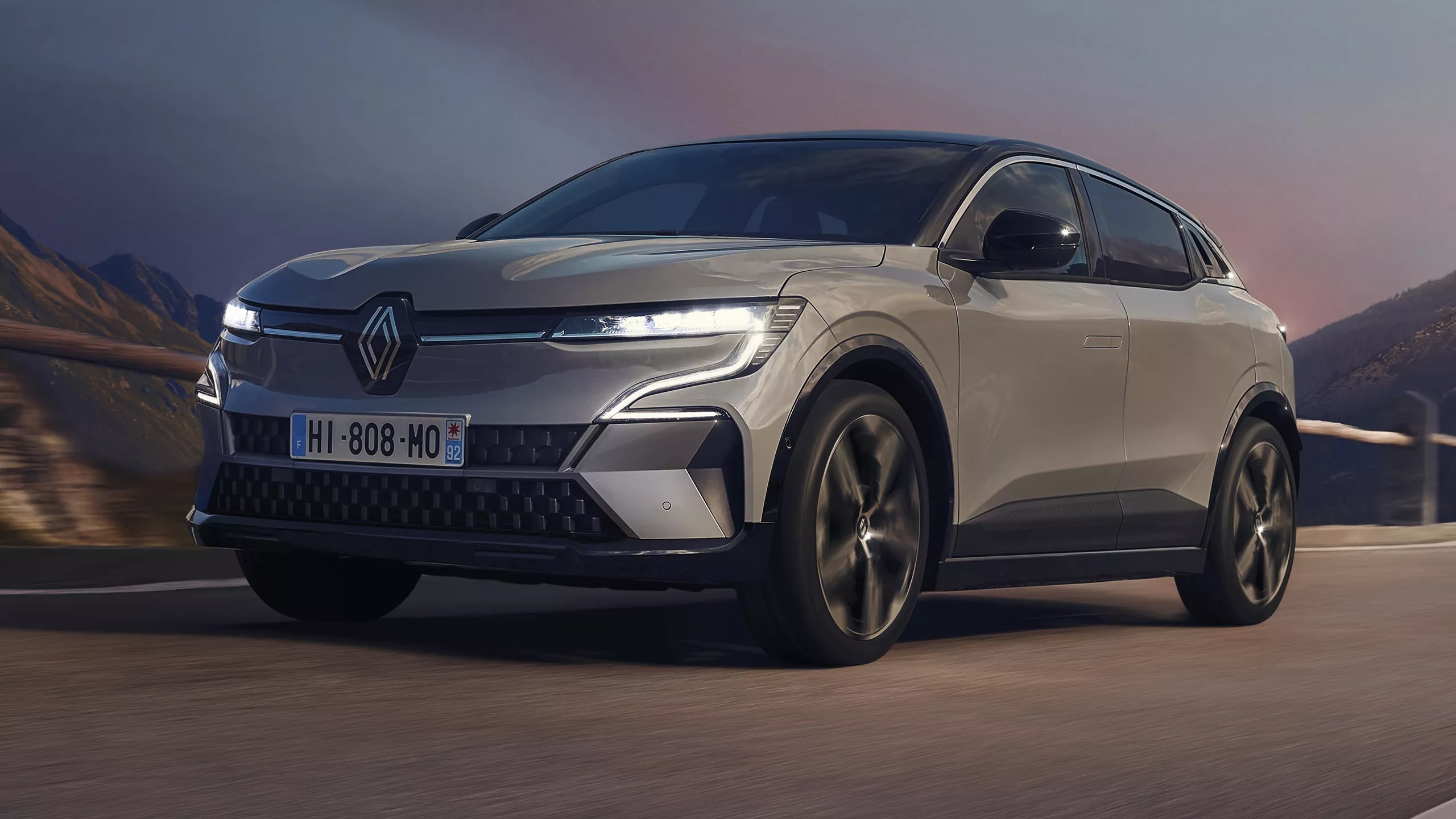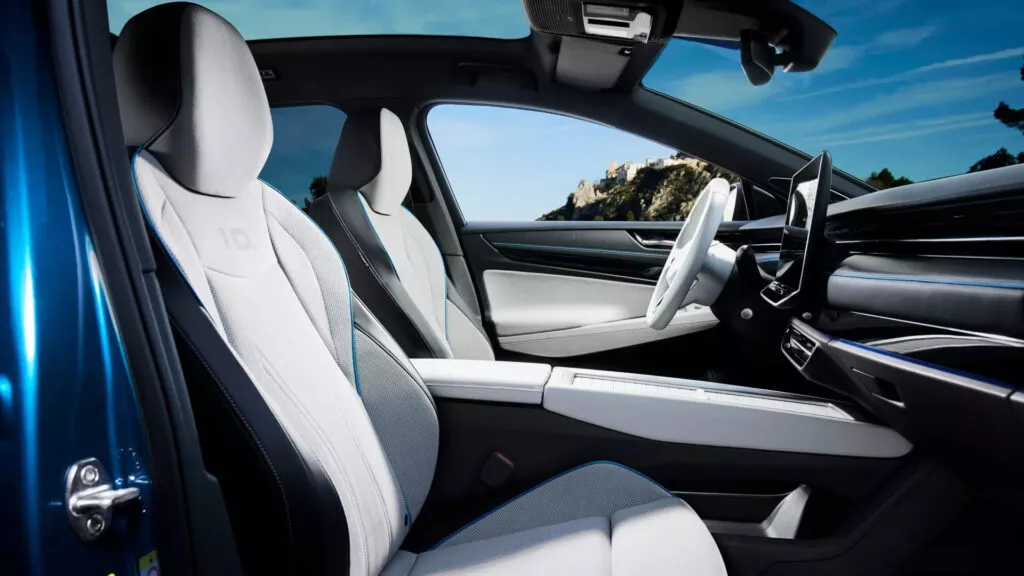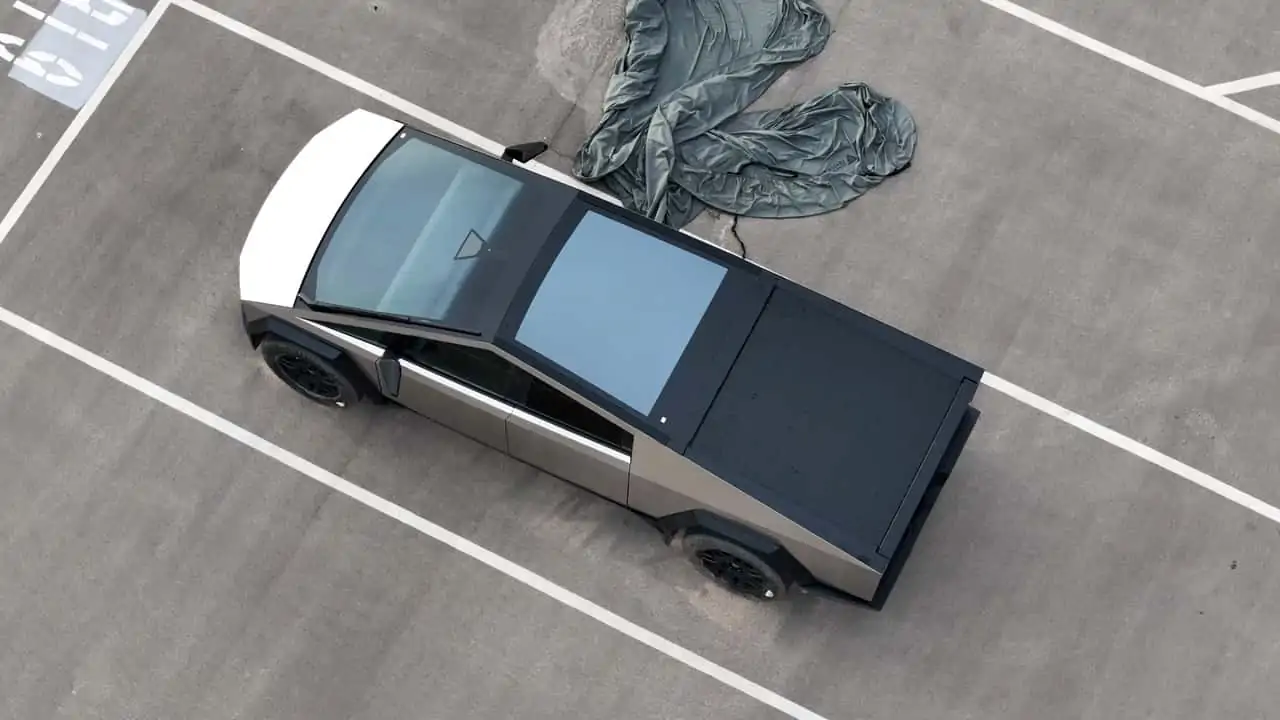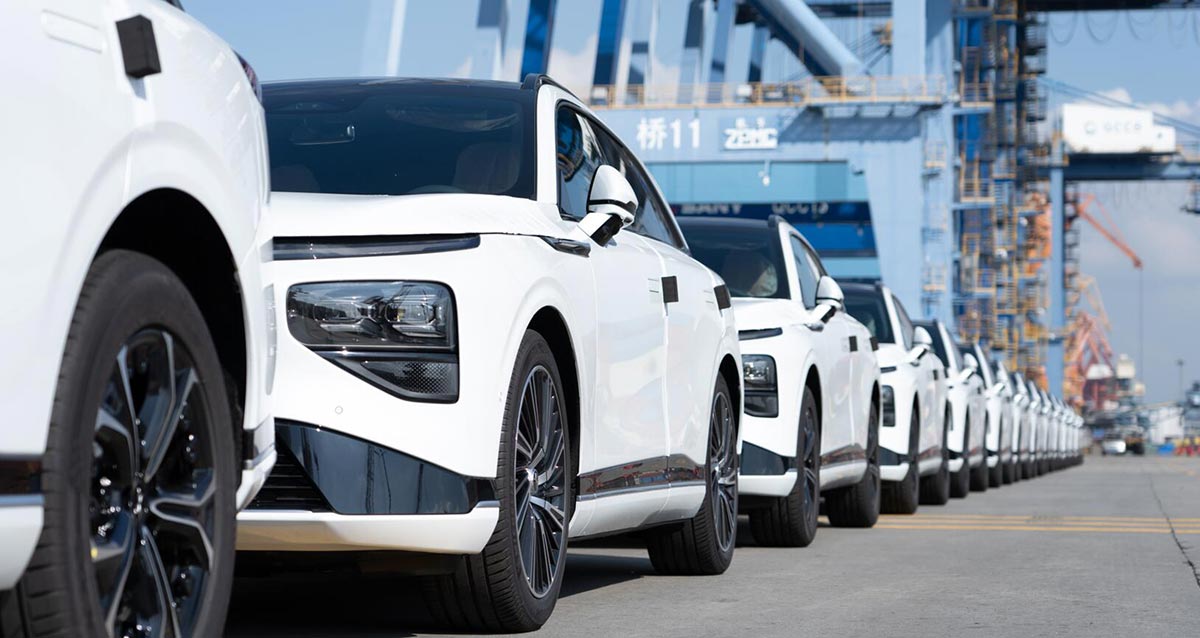French President Emmanuel Macron announced on Monday a bold initiative to manufacture one million electric vehicles by 2027, as part of France’s broader strategy to achieve a 55% reduction in carbon emissions by the end of the decade. This announcement followed a meeting with several ministers, including Prime Minister Elisabeth Borne, during which they outlined a dozen action plans aimed at curbing carbon emissions.
“My absolute priority is decarbonization,” President Macron emphasized following the discussions, underlining his commitment to an inclusive and equitable transition to a greener future. He stressed the importance of ensuring that no one is left behind in this ambitious endeavor.
One of the key challenges in transitioning to electric vehicles has been the initial higher cost compared to traditional fuel-powered cars. To address this issue, the French government intends to introduce financial incentives for low-income consumers, making electric vehicles more accessible. Soon, eligible individuals will have the opportunity to lease a European-made electric vehicle for as little as €100 per month. The full details of this subsidy plan will be unveiled in November, initially targeting a limited number of models.
In a bid to reduce dependence on Chinese battery production, France plans to establish four new electric battery factories by 2027, with the aim of exporting their products. These efforts align with the nation’s commitment to environmental sustainability.
The transportation sector accounts for a significant portion of France’s carbon emissions, with private vehicles contributing to a bulk of approximately 66 million tonnes in 2021. In addition to electric vehicles, President Macron intends to invest substantially in domestically produced heat pumps, with the goal of manufacturing one million pumps by 2027, tripling current production levels. These heat pumps are celebrated for their lower electricity consumption and reduced carbon emissions.
President Macron’s approach stands in contrast to some European nations’ decisions to implement outright bans on gas boilers. Instead, France seeks to incentivize citizens to make the transition voluntarily.
“Regaining control” of electricity prices was another top priority for President Macron, who announced plans to align electricity prices with competitiveness standards by October. This adjustment will benefit both households and businesses, aiming to enhance energy affordability.
As France takes determined steps toward a greener future, these initiatives reflect the country’s commitment to environmental sustainability and carbon reduction. In neighboring Europe, recent decisions, such as the UK’s five-year delay on a ban on new gas and diesel cars, have sparked debates over the balance between climate goals and economic considerations.







